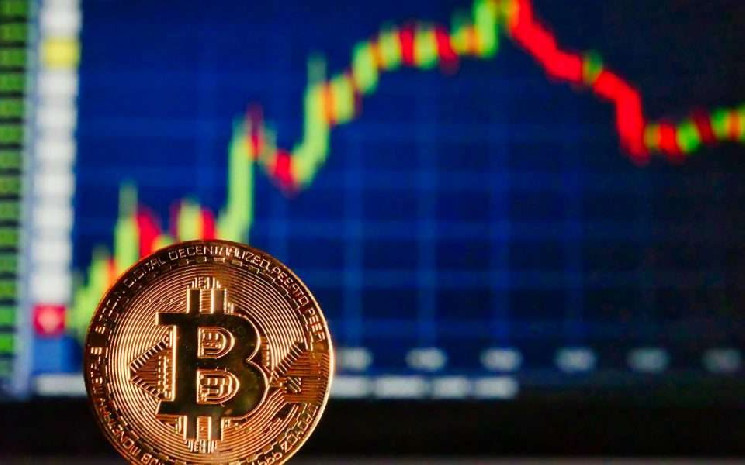In just under six months, the number of Ordinals inscriptions on the Bitcoin network has exceeded 10 million, marking a significant milestone. Coinciding with this achievement, Casey Rodarmor, the creator of Ordinals, recently announced his departure as the project’s lead maintainer, citing the inability to dedicate sufficient attention to the project’s needs. Rodarmor has now entrusted the role to the pseudonymous coder Raphjaph.
Initially introduced in January, the Ordinals protocol quickly gained popularity as the preferred method for minting new assets on the Bitcoin blockchain. Designed to “inscribe” data in the witness portion of Bitcoin transactions, Ordinals are applied to individual satoshis, the smallest divisible unit of BTC.
However, the surge in Ordinals inscriptions was significantly fueled by the introduction of the BRC-20 token standard in early March. Developed by the pseudonymous coder “Domo,” this groundbreaking token standard allowed users to mint entirely new tokens on the Bitcoin network for the first time in history.
Since then, the number of Bitcoin-based tokens has skyrocketed, starting from a few hundred in the first week and currently exceeding 25,000, according to data from BRC-20.io.
Despite its rapid growth, the rise of Ordinals has faced criticism from some Bitcoin proponents. They argue that the method of “inscribing” assets on the network is inefficient and wasteful, particularly in terms of block space and transaction fees. In response, other developers have been exploring the utilization of smart contracts to mint assets and non-fungible tokens (NFTs) on the Bitcoin blockchain.
On the other hand, advocates of Bitcoin have praised Ordinals for its ability to attract new users to the broader Bitcoin community. Notably, even the renowned anti-Bitcoin advocate Peter Schiff participated in minting a small number of NFTs on Bitcoin using the Ordinals protocol. This marked Schiff’s first direct interaction with Bitcoin, having previously criticized it.
While the influence of Ordinals on the surge in Bitcoin transaction fees is evident, the heightened network activity has proven to be advantageous for miners. As a result, miners have received over $44 million in Ordinals-related fees, as reported by data from Dune Analytics.
Discuss this news on our Telegram Community. Subscribe to us on Google news and do follow us on Twitter @Blockmanity
Did you like the news you just read? Please leave a feedback to help us serve you better
Disclaimer: Blockmanity is a news portal and does not provide any financial advice. Blockmanity's role is to inform the cryptocurrency and blockchain community about what's going on in this space. Please do your own due diligence before making any investment. Blockmanity won't be responsible for any loss of funds.
 blockmanity.com
blockmanity.com
